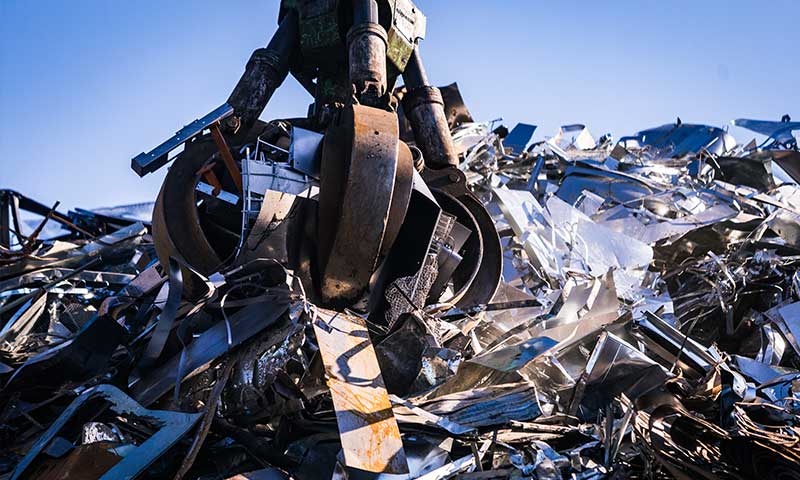
June 4 - Proposed restrictions on imports of scrap metal into Malaysia would see the Southeast Asian country lose out to its neighbours on much-needed investment in recycling, industry association officials said on Friday.
Malaysia has in recent years emerged as a scrap metal hub, importing waste copper and aluminium from places such as the United States and Europe for processing into a form that will still be accepted by top metals consumer China, which is within easy reach by sea.
After a years-long crackdown on solid-waste imports for environmental reasons, China now only allows very high grade scrap to enter. Malaysia - wary of becoming the waste dumping yard of Asia - is heading down the same path, this year proposing stricter guidelines on imports.
"Malaysia is one of the important countries to process scrap such as insulated copper wire (ICW) and Zorba," said Eric Tan, president of the Malaysia Non-ferrous Metals Association (MNMA). Zorba is shredded nonferrous scrap that is mostly aluminium.
"If the guideline comes into force, investment in ICW and Zorba may be affected," Tan said, stressing it was only at the draft stage and might still be revised, as the MNMA continues to provide feedback.
The proposed guidelines, issued by state standards agency SIRIM, require metal content of at least 94.75% in ferrous and non-ferrous scrap, which would mean high-value ICW could not enter Malaysia, Tan explained.
Furthermore, zero tolerance of nonferrous dust under the guidelines would also jeopardise shipments of Zorba - described by Tan as the second-biggest export from the United States to Malaysia - while a requirement for both pre- and post-shipment inspections of cargoes would needlessly inflate costs, he said.
SIRIM did not immediately respond to a request for comment.
As many countries transition to a low-carbon future, 50% of non-ferrous metal globally will have to come from scrap, up from 30-35% now, said Alfred Tan, MNMA's secretary general.
"The non-ferrous metal industry in the future is very much resource-based competition. We just don't have much time to establish a mature supply chain and ecosystem. We've got to do this within 2-3 years' time from now."
(Reporting by Mai Nguyen and Tom Daly Editing by Mark Heinrich, Reuters)